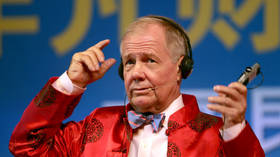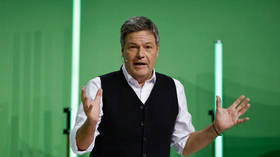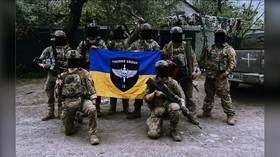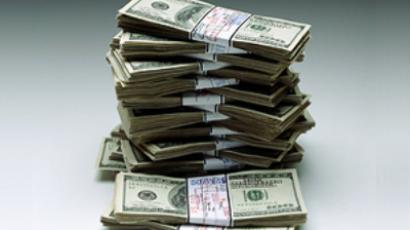VTB 3Q 2008 pasting a sign of things to come for Russian banks
VTB's worse-than-expected 3Q 2008 results saw its share price take a 12% hammering on Thursday. But analysts suggest the results at VTB may be just a sign of things to come for the rest of the banking system.
VTB’s third quarter loss of more than $360 million is the tip of the iceberg in Russia’s banking sector. As the share of non-performing loans in the bank's portfolio grows, it has opted to kill the riskiest past of its business – retail. Chief Finance Officer, Nikolai Tsikhomsky, says some parts of the portfolio will go.
“Definitely certain business lines we will need to discontinue, like, for instance, we’ll reduce our focus on mortgage and retail, for example. But it doesn’t mean we will necessarily cut people – we might refocus these people on other products we offer to the market.”
VTB’s net profit for first nine months 2008 fell 70% year-on-year – and that’s before the crisis hit Russia hard. But having been among the first to receive State support, Russia’s second-largest bank is feeling more confident than many of its peers. Richard Hainsworth, Head of ratings agency, Rusrating, says smaller banks have turned ultra-cautious when it comes to lending, in turn paralyzing the real sector of the economy.
“The banks stopped lending and refinancing, which meant the companies had to stop paying workers, they cut down the investment, people stopped paying each other, and the whole value of the economy began to shrink.”
The good news, according to Richard Hainsworth, is that Russian banks are coping with the crisis better than expected.
“The banking sector actually is stronger than many people were prognosing. I was very pleased with that because that was what I was saying. And I have been saying all the way through the crisis that Russian banks were actually a lot stronger than a lot of people were giving them credit for.”
This week, Finance Minister Alexei Kudrin said the state may inject $40 billion into state banks. Experts say the State’s clear and consistent commitment is essential if it is to revive the flow of credit to corporate and retail clients.













